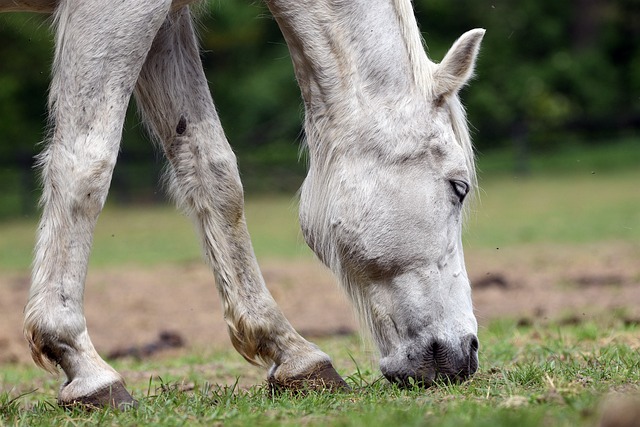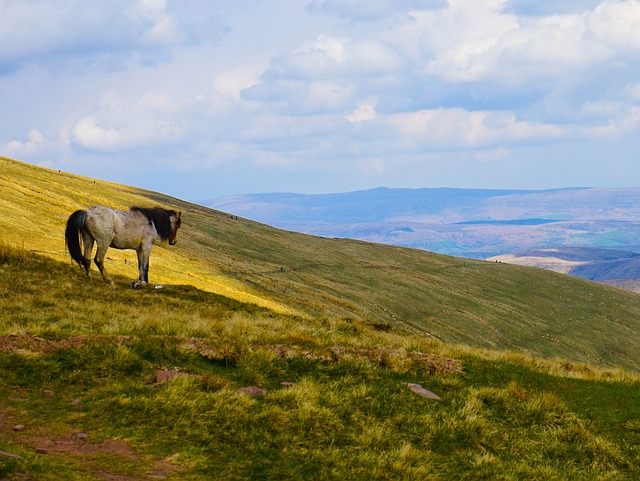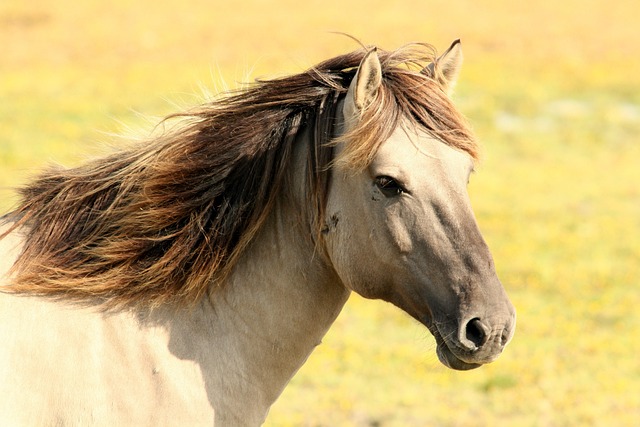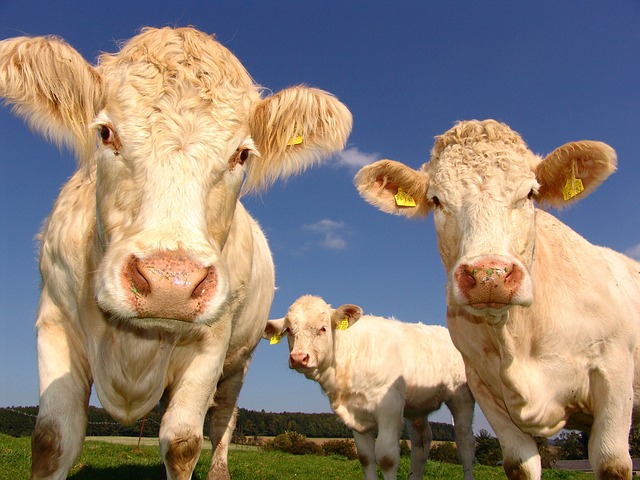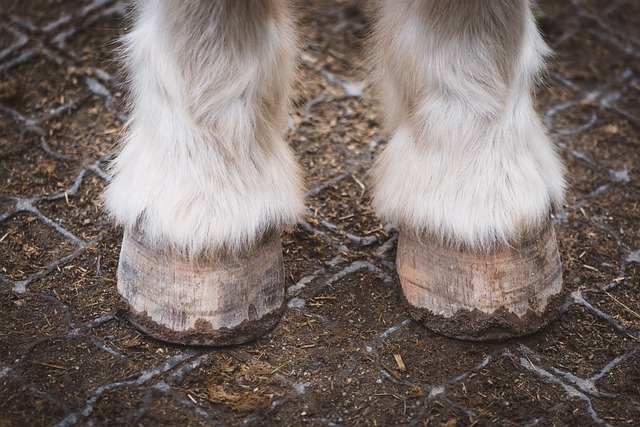
Is your horse Left or Right Hooved?
March 9, 2023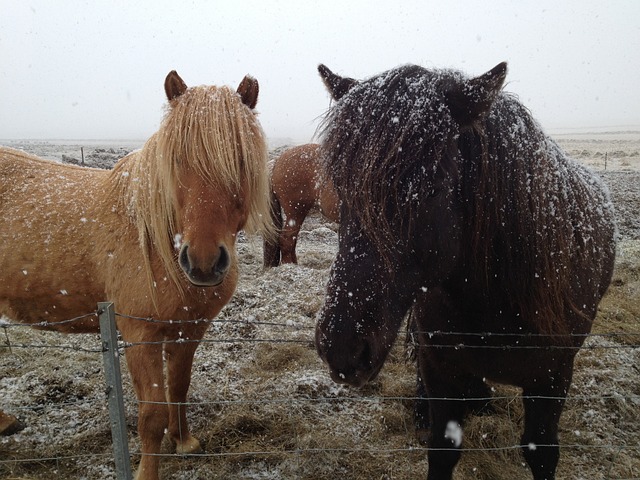
Horses in the snow
March 10, 2023Horses have specialized glands in their digestive system called cecum and large colon that aid in the digestion of fiber-rich grass. These glands produce enzymes and bacteria that break down the cellulose in grass into simpler compounds that can be absorbed by the horse’s body.
During the winter months, horses may be fed a diet that is higher in hay or other dried forage, which can cause these digestive glands to become less active. When spring arrives, and the horse begins to graze on fresh, lush pasture grass, the sudden increase in fiber intake can cause these digestive glands to “flare up” or become more active to accommodate the increased workload.
Additionally, the change in diet from hay to fresh grass can also lead to a shift in the horse’s gut microflora, which can cause digestive disturbances such as colic, diarrhea, or bloating. It is essential to gradually transition a horse from a hay-based diet to a fresh grass-based diet to avoid these types of issues.
Although the cause of the condition is unclear, it is commonly thought to be an allergic reaction, possibly triggered by exposure to new, spring grass, sugar-rich grass, or pollens. Unfortunately, due to the lack of clear understanding regarding the condition, there is currently no specific treatment available.

